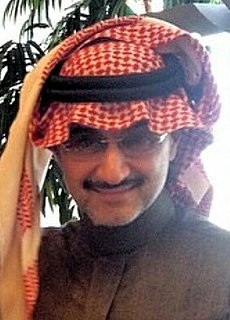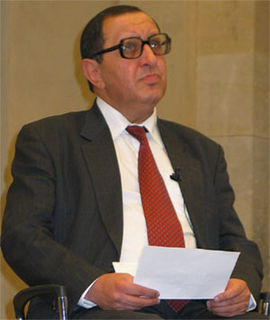A Quote by Jamal Khashoggi
Saudi Arabia has historically attempted to influence politics in Beirut.
Quote Topics
Related Quotes
If you ask a Saudi Imam why women in Saudi Arabia can't drive, he'll say, 'Because Islam demands it.' But that's absurd, because - first of all - Islam demands no such thing; and secondly, the only country in the world in which women can't drive is Saudi Arabia. The inability to understand the difference between a cultural practice and religious belief is shocking among self-described intellectuals.

































